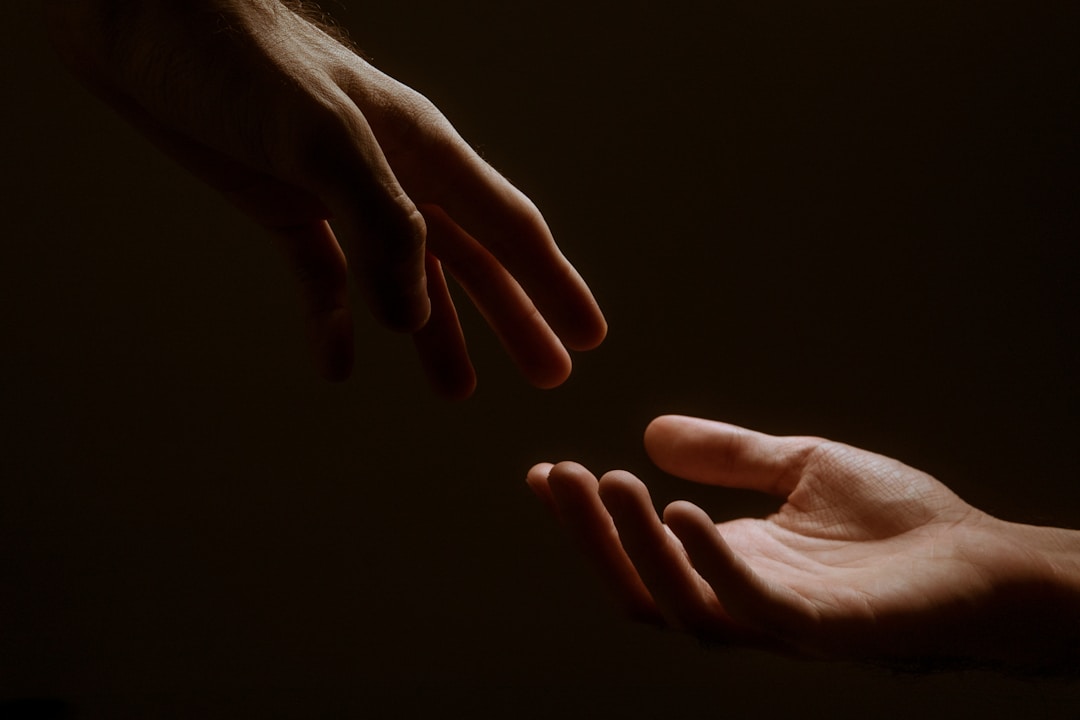The mood swings and angst of adolescence are cliches for a reason—nearly every teen will go through a “phase” of some sort at this stage. Still, it’s just as possible that something more severe may be at work. Teen depression and other mental health issues are prevalent in adolescents and all too often overlooked as the typical lousy mood and behavioral problems that plague young adults. Identifying whether your teen is dealing with common surges of hormones that impact their mental health or symptoms of depression is a critical part of getting them the care they need, whether that’s medication, a dedicated treatment program, or something else entirely.
Distinguishing Depression & Hormonal Shifts in Teens

Amidst the typical stress of your child’s teenage years, it’s easy for your teen to show symptoms similar to those of teen depression. It’s essential, though, that you work to identify whether your adolescent is struggling with depressive symptoms or the internal strife that’s unavoidable during this stage of life. Of course, typical teenage angst will eventually pass as your child ages. More serious mental health issues, though, will require a little more attention.
If your teen demonstrates depressive symptoms such as suicidal thoughts, low self-esteem, or feelings of hopelessness, you must turn to a therapist, psychiatrist, or another mental health professional to get them the treatment they need. In one case, you may need to consider teen depression rehab or another residential treatment option. In another, cognitive behavior therapy or other sorts of psychotherapy may be enough to ease your teen’s mood disorder without seeking a residential treatment center. In any case, you‘ll want to seek the right treatment plan for your teen’s mental illness.
Finding Faith

Religious parents, guardians, or other caregivers might turn to faith as an integral part of mental health care. Of course, the parent’s own faith can guide them through coping with their child’s mental illness. However, the teen’s form of faith can play a crucial role. A child or young adult’s spirituality can come in many forms. They may be devoutly religious, turning to the Christian God or another organized faith supporting their beliefs. Another might be nominally religious, following their family’s faith but not necessarily devoted to it themselves. Still, others may set out on a different spiritual path entirely, turning to nature worship, non-Christian deities, or the Universe more broadly. As your teen contends with major depression or another mental health disorder, faith can help them through the treatment process.
Treating Your Teen

Faith can positively impact the treatment of depressive disorder and other forms of mental illness, but it isn’t enough to treat teenage depression on its own. Like a treatment center, group therapy, or another method, spiritual beliefs are just one aspect of your teen’s treatment plan. Put simply, faith can help support your teenager through a mental health disorder, but it won’t single-handedly save them from their symptoms. Like any health concern, a mental health condition like depression requires a formal treatment plan, guided by a mental health professional, whether that’s CBT, a residential treatment program, medication, or another option entirely. Spirituality can be a factor in this process, but it shouldn’t be the only method you turn to in supporting your teen.
Even severe depression in teenagers can be treated, creating a happy, healthy, productive life for them once more. Their spiritual beliefs can help them through the treatment process—just as your own religious practices can guide you through supporting your child—but faith alone can’t cure mental health conditions like major depressive disorder. Working in tandem with mental health care, though, spiritual or religious beliefs can be a beneficial addition to your teen’s treatment plan.



